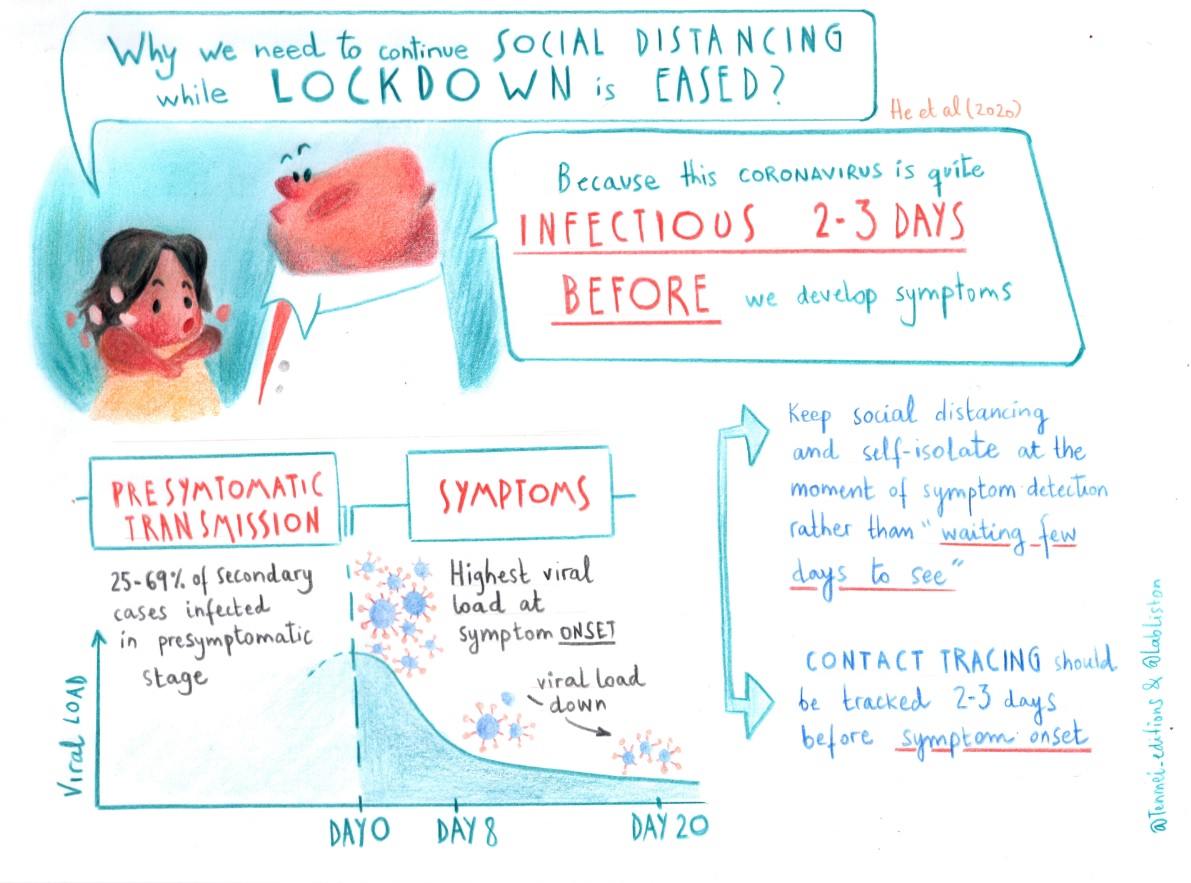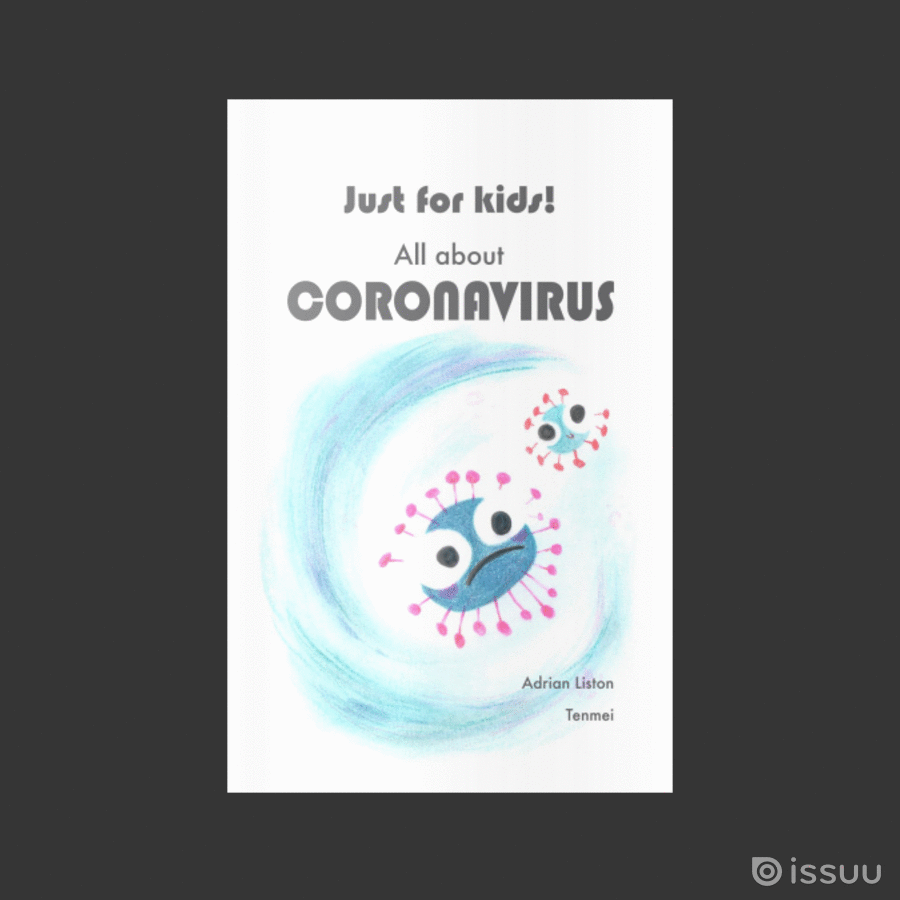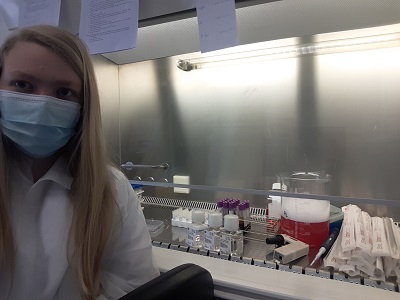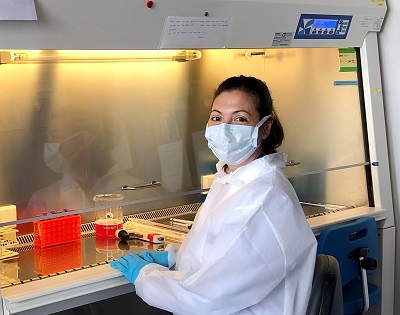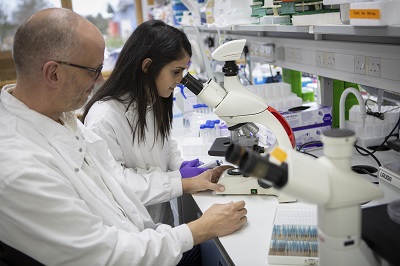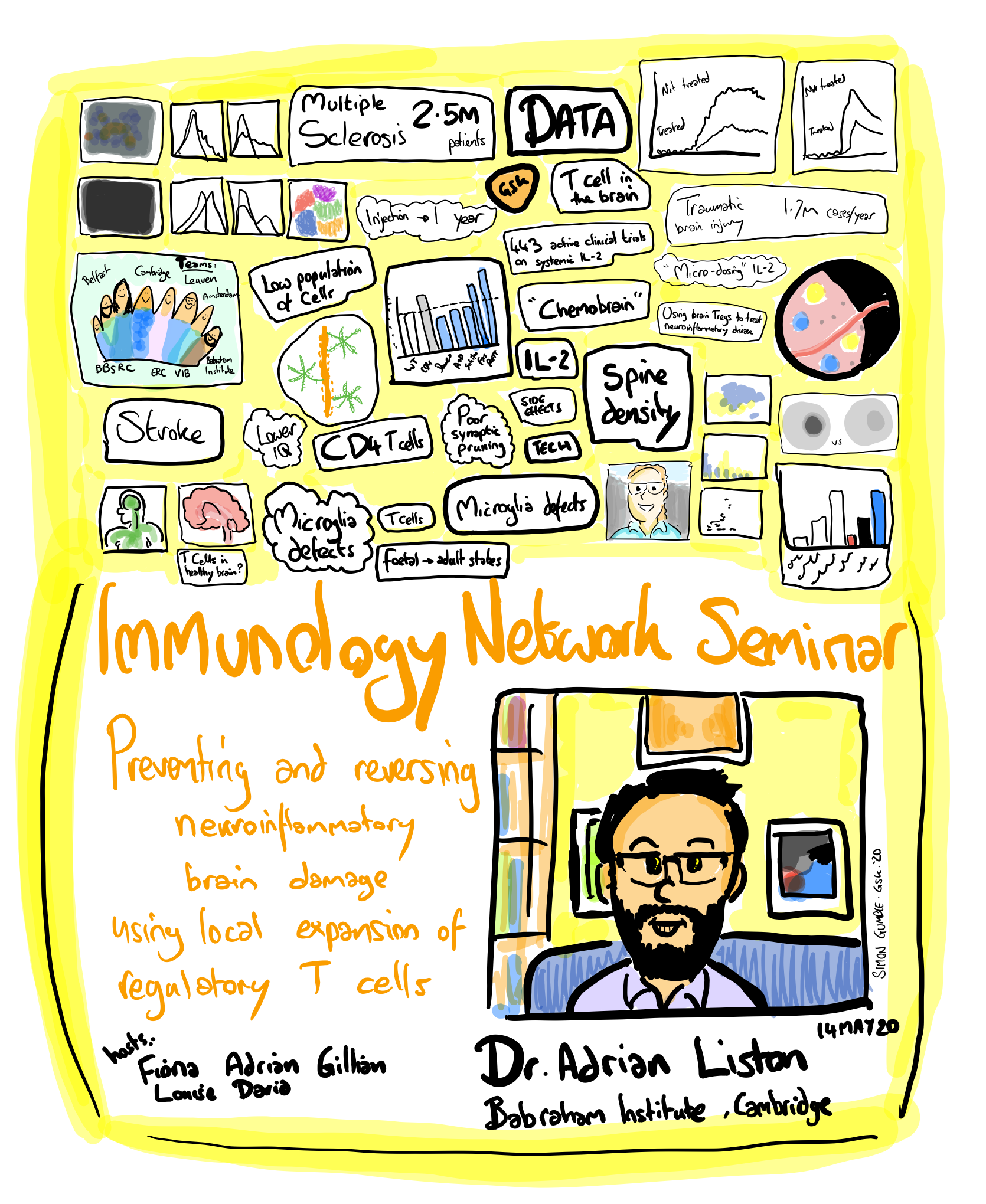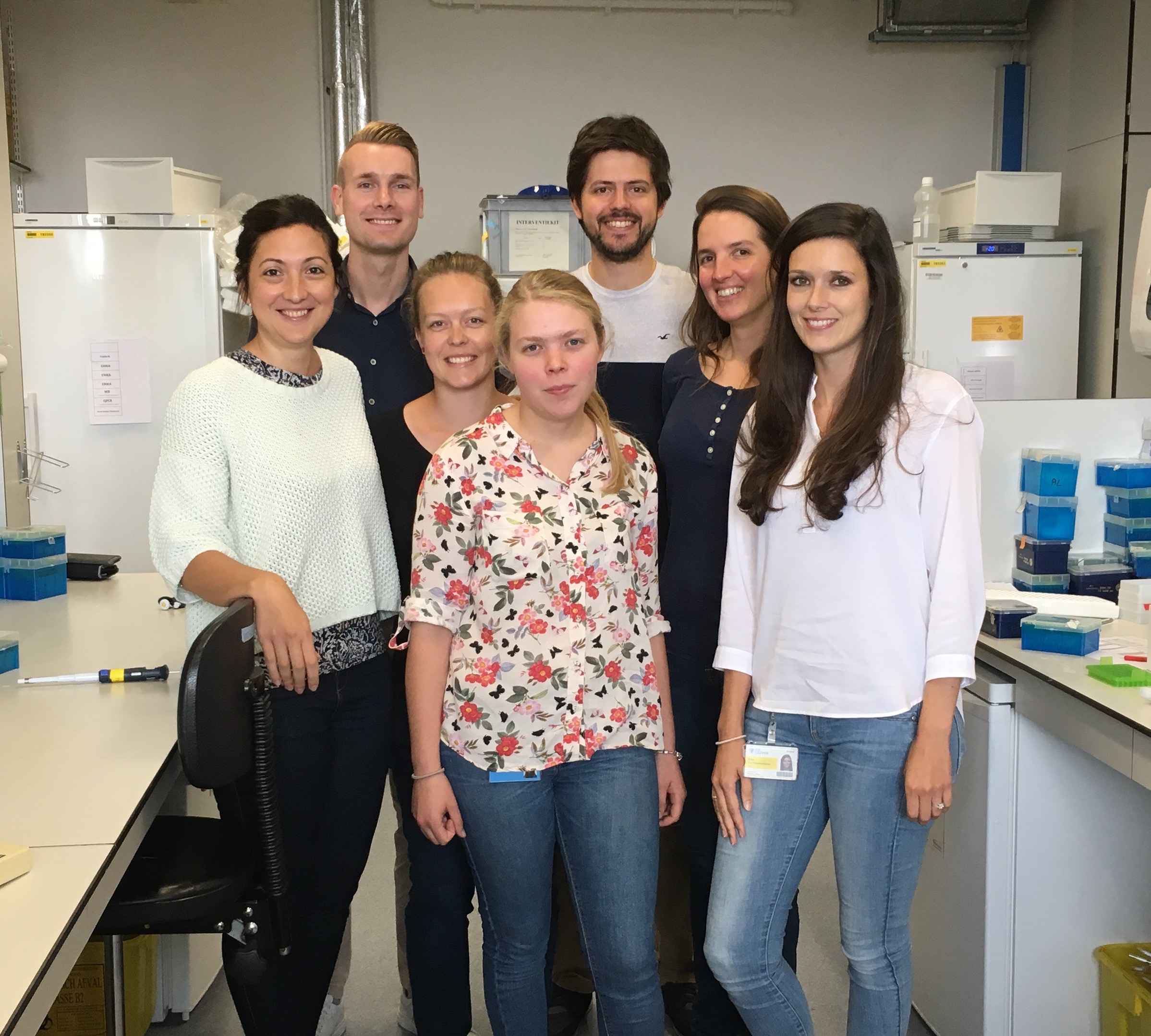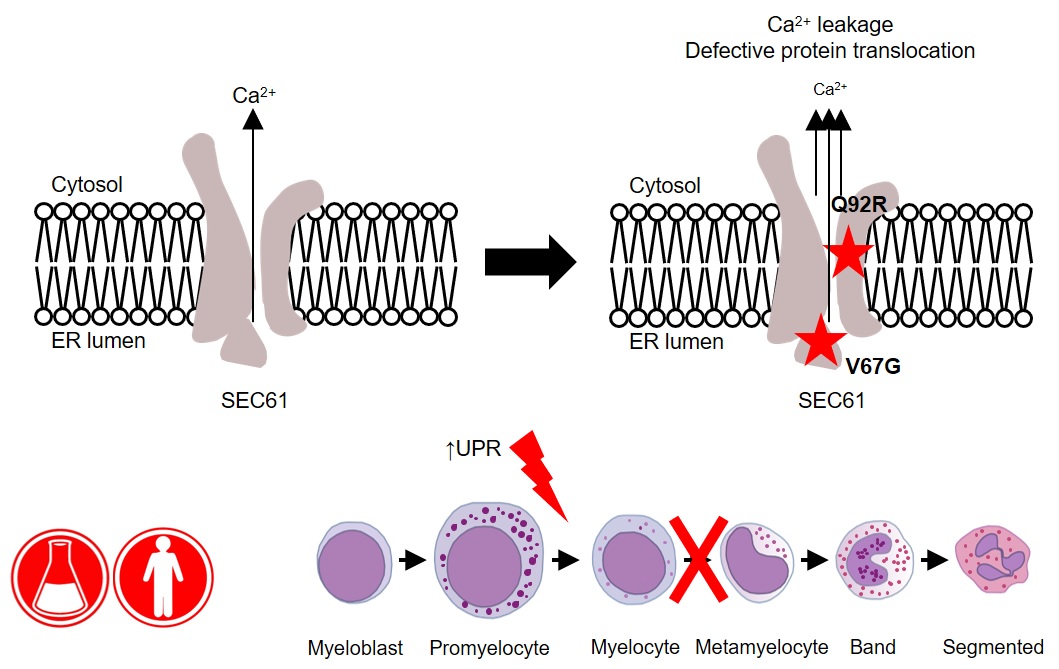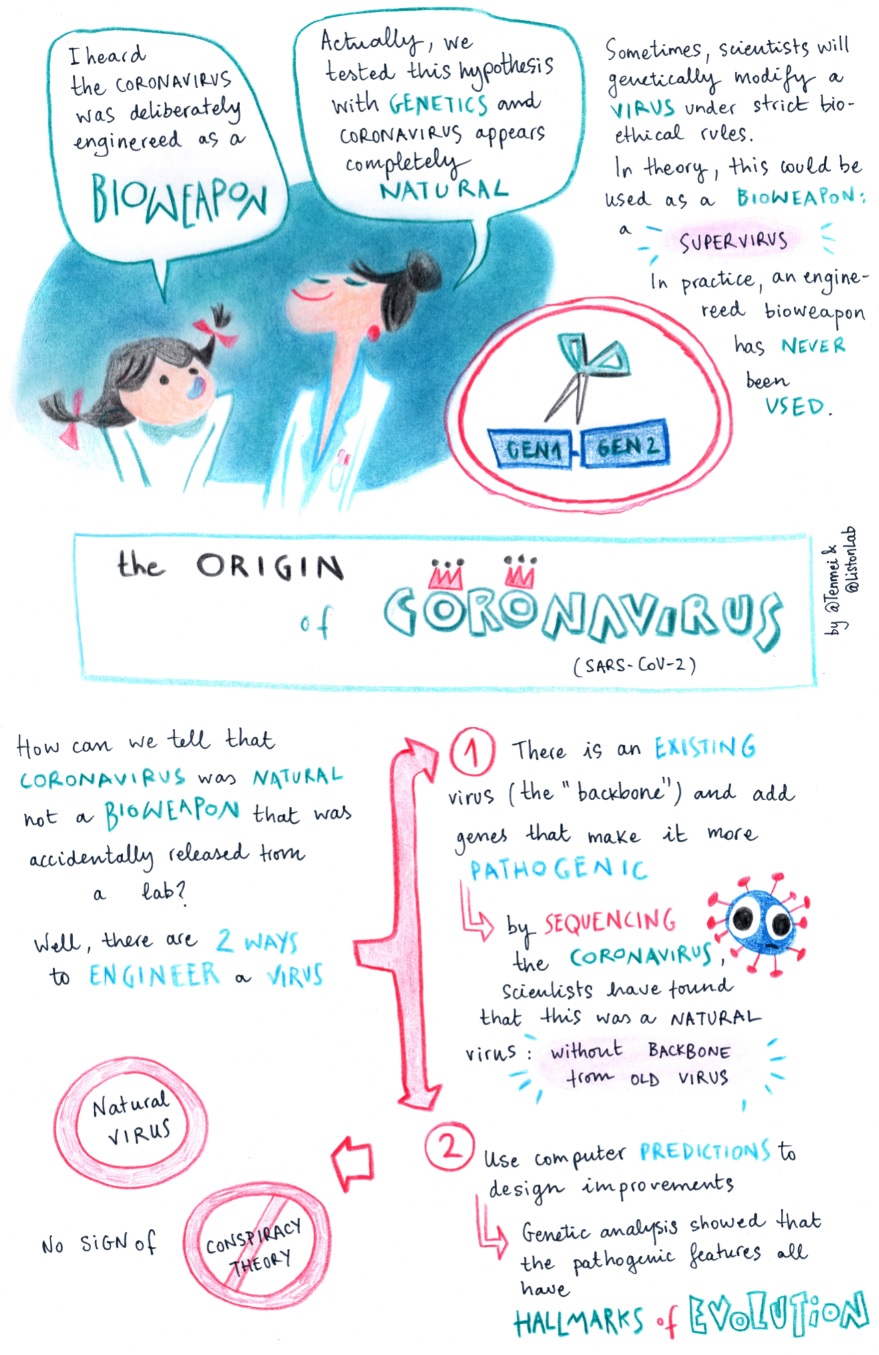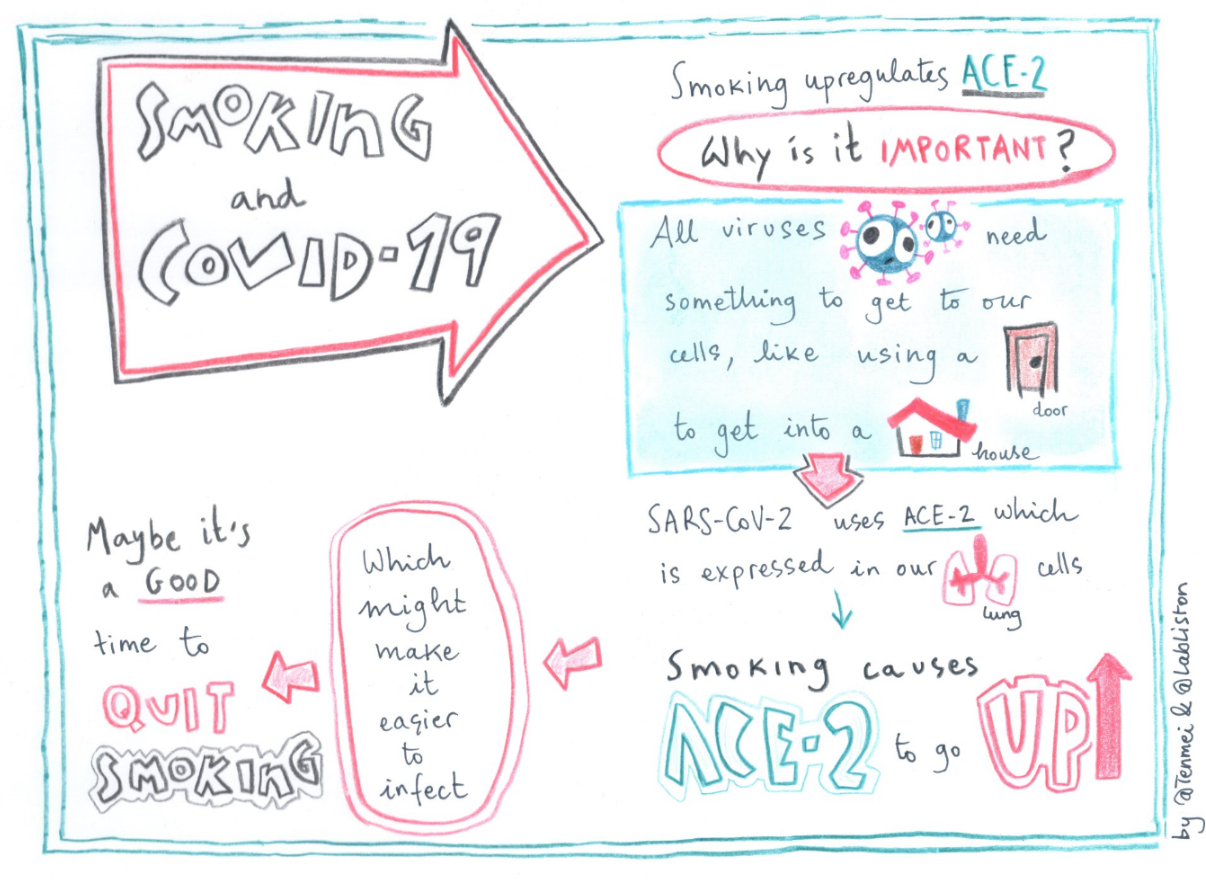This recent twitter thread from a first-gen graduate asking about a PhD got me thinking. As a first-gen graduate myself, what advice would I give to someone starting a PhD? The below is tailored towards a biomed PhD in the UK/EU/Australian systems, but some points are more generalisable:
First, getting into a PhD program is tough. You've made it, congratulations! By definition you have the intellectual ability to finish. Never doubt that. That said, you will doubt it. Especially at the 3-6 month period and at ~2 years in. That is normal. Even though the people around you look confident, they all went through a similar period.
Second, it is your PhD, but the lab's project. You should aim to become the intellectual leader of the project after around a year, but always lead with humility. Others around you will always know more than you on specific techniques or domain knowledge. Being the leader doesn't mean be the boss. It means being the person who makes sure that things are on track, who takes responsibility for keeping up with the literature and following up with people who are part of the team.
Ask for advice, and listen to that advice. Take particular note when it comes from experience. Don't be that student who ignores technicians. When a tech is telling you something, listen. If your supervisor tells you something, listen. Feel free to disagree, but first listen. If someone suggests a protocol for an experiment, do not go back to them for help until you have actually followed their protocol word for word. Don't change protocols that work until you've got a lot more experience. Include every control that is suggested, even the ones you don't think are necessary.
Being a PI is a tough job, very time-demanding. So use their time wisely. Prep before a meeting, take notes during, follow-up. If you can answer a question via a quick google search or conversation with another lab member, do that instead of knocking on their door. A PI can be a valuable asset to you if you use their time wisely. If you start wasting their time they will schedule you out,
The lab environment can be a pressure-cooker of stress. Experiments don't work, trouble-shooting is horrible, publication can be nightmarish. At its best, the shared adversity will create unbreakable bonds between lab members. To make this happen, be considerate, be kind, forgive. Be the team member who helps out. Smile when someone frowns - they may have just had the most horrid day. Soon enough you have a day where you snap or frown - treat them the way you would like to be treated on your worst. Especially keep in mind that science is highly international and multi-cultural, and people may not mean things the way you perceive them (and vice versa).
At the start, get into the lab and learn how it works. Where the tip-boxes go, who refills them and makes up new solutions, how plastics get ordered. Ask the lab manager or senior tech what you can do to help out. There are no magic fairies - every task is done by the team. If you leave the centrifuge messy, use the last reagent without ordering more, you will annoy people. If you clog up their personal pipettes and don't tell anyone, you will really annoy people. Be a good lab citizen.
The first six months is basically you learning how to be in the lab, reading the basic literature and just learning how to do the techniques. You won't actually make any advances - this is all on-the-job training.
Don't hide mistakes. You are going to make mistakes. You are going to make mistakes that will cost your monthly rent's worth in grant money. I remember the horror of breaking a haemocytometer during my first week in the lab. $500 at a time where that was an unbelievable amount of money to me. You make make mistakes that cost your annual salary's worth. Own them. Admit to them. Don't make them again. Never blame others for your mistake. Someone breaking the centrifuge is bad, but if I know they will never do it again I move on. If they blamed someone else for leaving it unbalanced (while they didn't check) then I worry that they haven't taken responsibility and are more likely to make the same expensive mistake again.
It starts working, you get results! Now you need to switch techniques, and you go through the same process. Much of the next year is this in repeat. You are now a real scientist, but you won't feel like you have made any actual progress on your PhD. Your lab mates try to pick you up, but you doubt. Again, this is normal. These are the "PhD blues". You might think about other careers, do a few training courses, lose motivation to go to work. This period can drag on, but once you get back into the lab and push, things will crack.
You are now the senior PhD student that juniors look at. They see you as calm and capable. You have become a data machine. In about six months you pump out 90% of the data of your PhD. At the same time, you probably see yourself as a bit of a fraud: you know you can handle the day-to-day of the lab, but you doubt you can handle the intellectual side still. Your supervisor now becomes your key asset, probably for the first time, as you start to write up.
Don't spend much time on your first draft, it will be rubbish anyway. Everyone's is. Just write it up and get feedback. Just like any technique, writing is a skill that you will learn, you just have to be willing to give it a shot, get feedback, and try again. This means when you your draft back full of revisions, don't just accept the changes. Try to understand them. What change did you PI make, and could you incorporate that strategy yourself next time? In particular, read papers while writing. Compare your paper to published papers, sentence by sentence to see if your work looks like the real thing. What do figure legends have in your field? Does your draft figure legend have all of these attributes? Remember you are the paper lead, but it is a consensus document. Be generous on coauthorship, and remember who helped you out early on. It means a lot to people to be acknowledged, and it doesn't hurt you to have extra authors on your paper.
 Publication. Ah, this is a horrible ordeal. You will get rejected multiple times, it will feel rubbish. Flip that paper to the next journal and don't take it personally. Don't dwell too much on the comments, the next reviewers may be completely different. If your paper is given a "major revision" - congratulations! That is actually really good news. Now you need to do all the experiments that the reviewers asked that are at all possible. Yes, you could argue the point, but save this for the cases where the experiment is impossible. It is much better to deal with a major revision than to start fresh with a new journal. At the end, you may feel more exhaustion and relief that the paper is off your plate, rather than actual satisfaction. This is (unfortunatey) normal. So make sure you celebrate every intermediate stage (submission, going out to review, major revisions coming back, etc).
Publication. Ah, this is a horrible ordeal. You will get rejected multiple times, it will feel rubbish. Flip that paper to the next journal and don't take it personally. Don't dwell too much on the comments, the next reviewers may be completely different. If your paper is given a "major revision" - congratulations! That is actually really good news. Now you need to do all the experiments that the reviewers asked that are at all possible. Yes, you could argue the point, but save this for the cases where the experiment is impossible. It is much better to deal with a major revision than to start fresh with a new journal. At the end, you may feel more exhaustion and relief that the paper is off your plate, rather than actual satisfaction. This is (unfortunatey) normal. So make sure you celebrate every intermediate stage (submission, going out to review, major revisions coming back, etc).
Remember you don't actually need to publish to graduate (in the UK or Australia, in much of the EU you do, but there is a journal home for every paper). You just need to produce a body of work suitable for publication. Like your paper, just push out the first thesis draft quick and dirty. It is a formality, nothing more. Your contribution is in your papers, while your thesis will be read by the jury only, and then gather dust on the shelves somewhere.
Congratulations! You have a PhD. The highest degree possible. You are now an expert in your chosen field (although we all have more to learn!). You have many, many good career options available to you. A PhD in biomedical sciences is a gateway to so many interesting careers. Go down a pathway that looks interesting to you, and if it doesn't work out, pick a new path. The world is your oyster!
 Thursday, June 18, 2020 at 10:10PM
Thursday, June 18, 2020 at 10:10PM  science careers
science careers 





